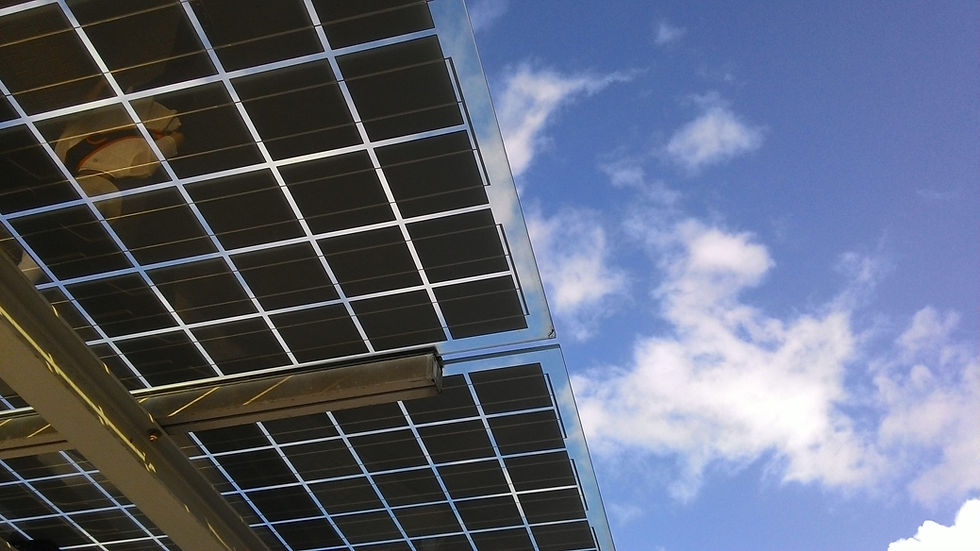Solar panels' efficiency often raises questions, especially when faced with cloudy weather. This blog aims to debunk myths surrounding solar panel performance during overcast days and shed light on how they still harness solar energy despite limited sunlight.

1. Solar Panels and Clouds: Solar panels can generate electricity even on cloudy days. They still absorb sunlight, albeit less intensely than on sunny days. 2. Effect on Energy Production: Cloud cover reduces direct sunlight, affecting energy output. However, solar panels can still produce electricity at approximately 10-25% of their maximum capacity on cloudy days. 3. Myth: Solar Panels Don't Work on Cloudy Days: Fact: Solar panels continue to generate power even in diffuse light. They utilize both direct and indirect sunlight, albeit at reduced efficiency. 4. Factors Affecting Performance: - Panel Quality: Higher-quality panels can better utilize diffuse light. - Angle and Tilt: Properly angled panels can capture more light. - Regional Variations: Some areas experience more diffuse light than others. 5. Benefits of Solar Panels in Cloudy Climates: Even in regions prone to cloudy weather, solar panels can still provide a significant amount of energy, reducing reliance on traditional grid-based electricity. 6. Improving Performance in Cloudy Conditions: Advanced Technologies: Some panels are designed to enhance performance in low-light conditions. Regular Maintenance: Keeping panels clean and debris-free improves efficiency. 7. The Importance of Energy Storage: Batteries or storage systems store excess energy generated during sunny periods, ensuring continuous power supply during overcast days. While cloudy weather affects solar panel efficiency, they remain a viable energy source. Understanding their capabilities in various weather conditions helps users make informed decisions. Despite reduced output, solar panels continue to contribute to sustainable energy production, offering a reliable and eco-friendly power source even on cloudy days.

Comments